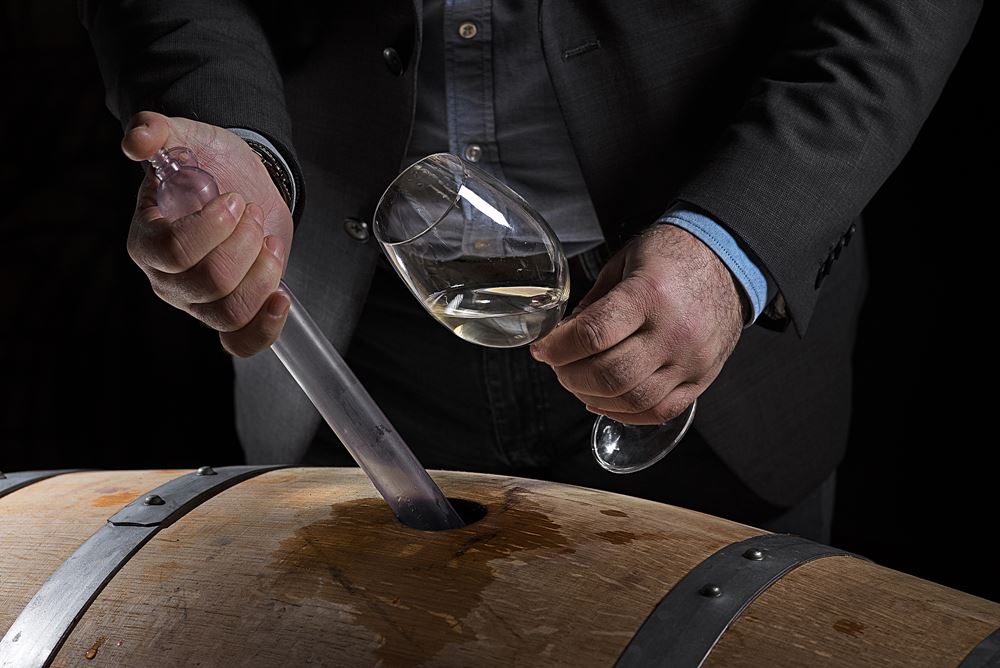Yeast Protein Extracts: pioneering sustainable solutions in winemaking"
Enhancing wine stability and quality with sustainable clarifying agents
2024-02-02

The winemaking process is a delicate balance of art and science, where each step plays a crucial role in determining the final product's quality, appearance, and stability. Among these steps, the clarification and stabilization phases are essential, aimed not only at enhancing the wine's visual appeal but also at ensuring its longevity and preserving its intended flavor profile. Traditionally, the wine industry has relied on a variety of clarifying agents, including those derived from animal, vegetable, and mineral sources, along with macromolecules and mixed formulations. Each of these agents offers specific benefits and limitations, allowing winemakers to tailor their approach based on the unique characteristics of the wine in question.
Animal-based clarifiers, such as casein, have been widely used for their effectiveness in removing phenolic compounds but pose a risk of allergic reactions in individuals sensitive to dairy products. Mineral clarifying agents like bentonite, a type of clay, are praised for their protein-precipitating abilities but come with their own set of challenges. While effective, their use can lead to significant wine volume loss due to sediment removal, necessitate extended decantation periods, and complicate waste management, contributing to environmental concerns.
In response to these health and environmental issues, the wine industry has begun to explore more sustainable alternatives. Yeast protein extracts (YPE), approved by the International Organization of Vine and Wine (OIV) for use in must and wine treatment, have emerged as a promising solution. These extracts not only effectively reduce turbidity and enhance the wine's filtrability but also help to maintain its color characteristics and reduce excess tannins without the drawbacks associated with traditional clarifiers.
One of the key attributes of yeast protein extracts is their negative electrical charge at wine pH levels, enabling specific interactions with the proteins that cause turbidity. This interaction is critical for clarification, as it facilitates the formation of complexes that can be more easily precipitated and removed. Moreover, the adoption of YPE aligns with the growing demand for more eco-friendly and sustainable production processes across the food industry, including winemaking.
The exploration and implementation of organic alternatives like yeast protein extracts in wine clarification and stabilization address not only health and environmental concerns but also offer producers an opportunity to enhance their wine's quality and stability while adhering to responsible production practices. As the industry continues to evolve, we can expect to see increased interest in and adoption of innovative technologies and materials that balance efficiency with sustainability, marking a significant shift towards more conscientious winemaking practices.
Founded in 2007, Vinetur® is a registered trademark of VGSC S.L. with a long history in the wine industry.
VGSC, S.L. with VAT number B70255591 is a spanish company legally registered in the Commercial Register of the city of Santiago de Compostela, with registration number: Bulletin 181, Reference 356049 in Volume 13, Page 107, Section 6, Sheet 45028, Entry 2.
Email: [email protected]
Headquarters and offices located in Vilagarcia de Arousa, Spain.